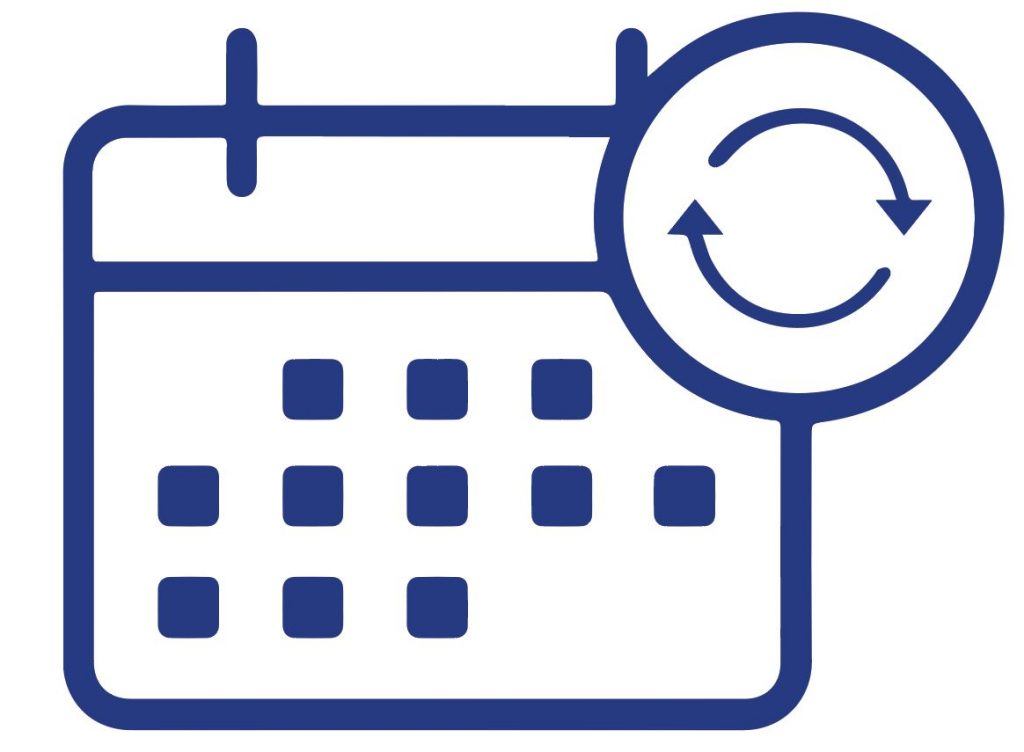
Seasonal Affective Disorder (SAD), according to the National Institute of Mental Health, is a type of depression characterized by a recurrent seasonal pattern, with symptoms lasting about 4−5 months out of the year. SAD can occur during both the fall/winter and spring/summer seasons. The signs and symptoms of SAD include those associated with depression as well as disorder-specific symptoms that differ for winter-pattern versus summer-pattern SAD.
Symptoms: The following is a list of general symptoms that can indicate you are being impacted by SAD:
- Feeling listless, sad or down most of the day, nearly every day.
- Losing interest in activities you once enjoyed.
- Having low energy and feeling sluggish.
- Having problems with sleeping too much.
- Experiencing carbohydrate cravings, overeating and weight gain.
- Having difficulty concentrating.
With the onset of the fall and winter season, it is important to understand the underlying reasons that can lead to SAD and to be able to identify the symptoms. The change in seasons can result in changes to our body chemistries that can affect mood and sleep patterns which can lead to depression.
If you are experiencing the above symptoms, promptly contact your healthcare professional. There are strategies that can be employed to help manage SAD and reduce its impact on your overall well-being. These strategies vary and what works for one person may not for another. Hence the need to seek medical intervention as soon as possible.
Sources:
- https://www.nimh.nih.gov/health/publications/seasonal-affective-disorder
- https://www.mayoclinic.org/diseases-conditions/seasonal-affective-disorder/symptoms-causes/syc-20364651

Key Dates Calendar
Stay on top of upcoming deadlines and events in 2025, by subscribing to IMWCA’s Key Dates Calendar. The calendar includes OSHA reporting deadlines, renewal and audit timelines, and relevant training.
Maximizing Recovery: The Value of Modified Duty

When an employee is restricted from work, employers should quickly consider how to modify job duties to align with those restrictions, facilitating the earliest possible return to work in a safe and productive capacity. Remember that 2017 Iowa Code 85 changed, and any offer of light/modified duty must be written in writing. Any declination of light/modified duty by the injured worker must be put into writing. IMWCA has a template policy and form here.
Modified work can mean a variety of things:
- Change in work schedule
- Hours worked
- Change or restriction in job duties
- Change in physical demands, for example, lifting less weight or spending less time standing, walking, or kneeling.
Any modification of the injured worker job should never be permanent, as this could lead to permanent restrictions instead of temporary ones.
IMWCA Claims, Safety and Risk and the Human Resources and Management Adviser often hear managers say they only want to return people to work once the employee is 100%. This statement is hazardous and should be avoided at all costs. If you are a manager who has said this in the past or feels the same way, take a look at your current staff. Over half, if not more, of your staff are currently at less than 100%. As employees age and their bodies change, the ability to meet physical demands also changes.
The fact remains that there are many opportunities to utilize your employee in a modified or light-duty capacity, both in a modification of their current job or in a different position within the organization. Some examples include training, inventory, reviewing policies and procedures, quality assurance, equipment checks, record reviews, and cleaning. It is essential that the organization’s department work together to get the injured worker back to work as soon as possible to control the cost of the indemnity claim, the insured’s premium, and the overall polls’ financial well-being.
Make sure to ask your human resources professional or your employment attorney if you need assistance.

Iowa State Sheriffs’ & Deputies’ Association
We look forward to seeing you at the 2024 ISSDA Winter School, December 3-6 in Des Moines. Be sure to stop by and say hello!




